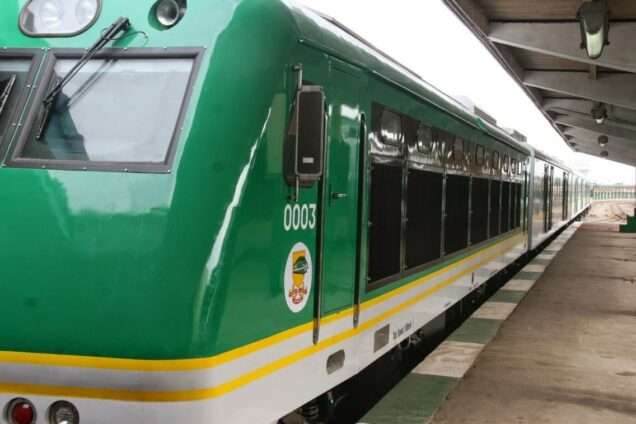The Nigerian Railway Corporation is partnering with five higher institutions to localise rail industry expertise, reduce foreign dependence, and spark new technical pathways for career growth.
The Nigerian Railway Corporation (NRC) has signed a strategic Memorandum of Understanding with five tertiary institutions to advance local capacity in railway technology. The initiative is a landmark effort to domesticate knowledge transfer, drive transport infrastructure sustainability, and create new technical career pipelines.
The MoU, signed in Lagos, involves Yaba College of Technology, Kwara State Polytechnic, Federal Polytechnic Offa, Kaduna Polytechnic, and Trinity University. It promises hands-on training in locomotive systems, rail logistics, digital signalling, and more — with special benefits for workers already in the sector.
“This is about building legacy capacity that outlives current administrations,” said Dr. Kayode Opeifa, NRC’s Managing Director. “We want to grow real skills in-country, not just import expertise.”
Historically, Nigeria’s rail sector has leaned heavily on foreign training, particularly from China and Europe, due to gaps in local expertise. This new approach targets skills localisation by integrating railway curricula into Nigerian institutions.
The partnership aims to upskill NRC workers and offer railway-specific diploma and degree programs that improve staff progression and widen talent pipelines for national projects.
“It will give some of our workers a chance to go and get a diploma, and move beyond level six,” said Dr. Opeifa. “Those without university qualifications will now have access to targeted education in rail technology and administration.”
Empowering the Ecosystem through Education
This programme aligns with broader goals to modernise Nigeria’s transportation infrastructure and foster a homegrown ecosystem around it. Beyond infrastructure, there’s growing recognition that rail success depends on long-term investment in human capital — from train operators to engineers and digital signal technicians.
With Nigeria’s rail network expansion connecting Lagos, Ibadan, Kaduna, and more, the NRC is under pressure to ensure the human resources match the scale of the investment.
The initiative will also prepare younger Nigerians for jobs not traditionally viewed as “tech” but increasingly driven by automation, IoT, and smart infrastructure tools.
Founded in 1898 during the colonial period, the Nigerian Railway Corporation is the state-owned body responsible for railway services across the country. With recent investments in the Lagos-Ibadan and Abuja-Kaduna rail corridors, the NRC has re-emerged as a critical player in Nigeria’s national development strategy.
Under the leadership of Dr. Opeifa, the NRC has shown growing interest in not just operational efficiency, but long-term talent development and institutional innovation.
This isn’t just a civil service reform — it’s a signal that traditional sectors like transport are becoming digitised and data-driven. From logistics to infrastructure monitoring, opportunities now exist for edtechs, HR-techs, and mobility startups to plug into railway modernisation through curriculum support, simulation tools, and job platforms.
For forward-thinking founders, Nigeria’s railway overhaul might just be the next frontier in tech-enabled public sector partnerships.
TALKING POINTS
Think it’s just a “government thing”? Wrong. Rail upgrades mean faster, cheaper movement of goods, agricultural produce, and people. That impacts e-commerce, logistics startups, farmers, and the entire digital economy. A tech-driven railway sector could be a silent but powerful driver of GDP growth.
Tech ecosystems love to talk about “impact.” Here’s an impact staring us in the face. Instead of just hosting pitch competitions, why aren’t Nigeria’s biggest incubators launching accelerator programs focused on transport tech, rail logistics, and public infrastructure solutions?
This isn’t just about getting NRC staff promoted from level six. It’s about building a talent pipeline for Africa’s infrastructure revolution. If Nigeria gets this right, we could export rail engineers, transport software developers, and logistics experts across the continent.





